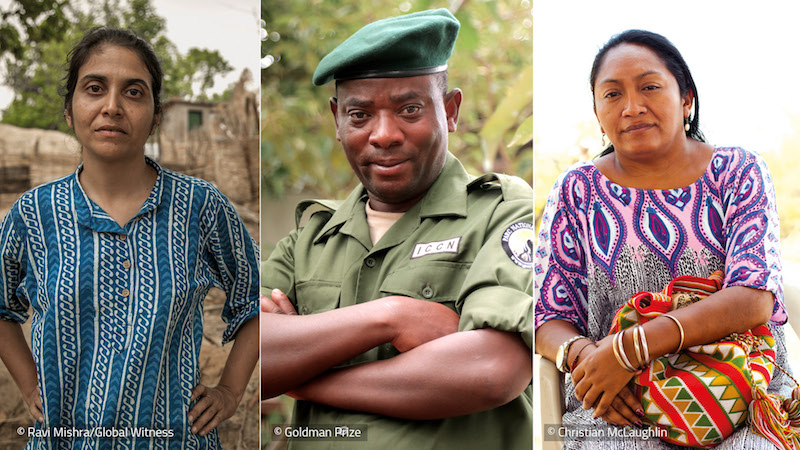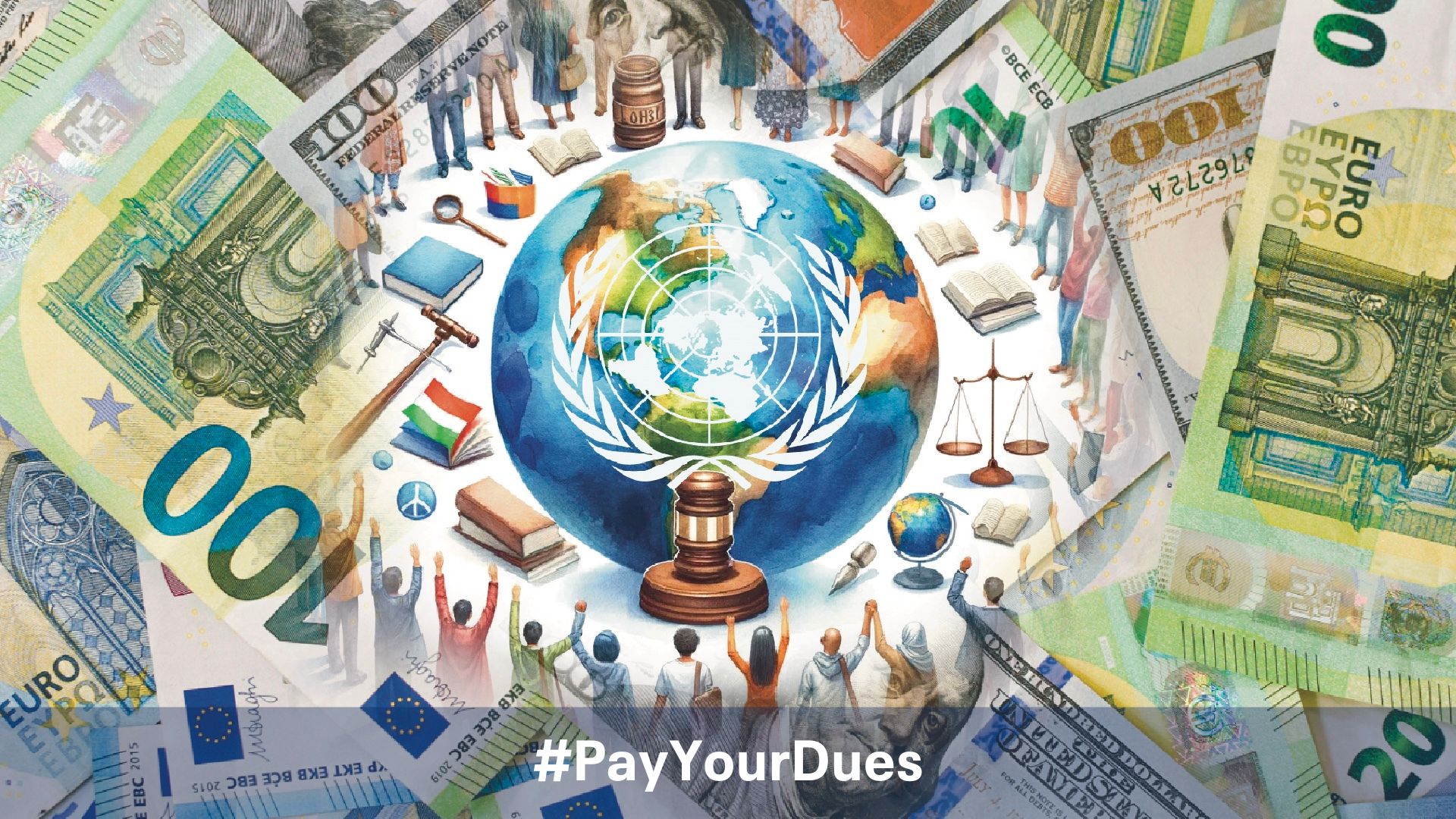Earlier this year, US legislators in North Dakota debated a bill that would allow drivers to run over and kill an environmental protester without facing jail. The proposed law was the latest chilling indication of an increasing suppression of environmental and land rights activism globally which, in many countries, means the murder of those brave enough to raise their voice.
Today at Global Witness, we published a report documenting the killings of at least 200 land and environmental defenders in 2016 – the deadliest year on record. Not only is this trend growing, it’s spreading. Killings were dispersed across 24 countries, compared to 16 in 2015. With many murders unreported, and even less investigated, it is likely that the true number is far higher. Meanwhile, more defenders face death threats, sexual assault, enforced disappearance and arrest.
What’s driving this tide of violence? Amongst other things, an intensifying fight for land and natural resources. Too many mining, logging, hydro-electric and agricultural companies are trampling on people and the environment in their pursuit of profit.
Yet these brave activists are the experts on the ground who can prevent and mitigate the human rights impact of business projects, avoiding conflict, risks and costs. They are on the front line of the struggle to slow climate change; the proponents of sustainable development benefiting local communities.
A cause for hope
Our report profiles defenders from the seven worst-hit countries: Brazil, Colombia, the Philippines, India, Honduras, Nicaragua and the Democratic Republic of Congo. It also highlights those defenders criminalised in the US. Their inspirational stories show what can be achieved when defenders act.
Take indigenous leader Ana Miriam Romero, for example. She was pregnant when the police beat her up, and almost lost her baby. But her determination that her daughter grow up in a brighter Honduras has prevented a hydro-electric company from stealing her community’s lands. She told us: “We must keep up the fight. We must not lose our spirit. Our children’s future depends on it”.
The role of investors
The UN Special Rapporteur on human rights defenders has shown that environmental activists face specific and heightened risks, in part due to the range of actors seeking to silence them. These actors include company employees, private security guards, paramilitaries and State officials.
Our report focuses on the role of investors, and development banks in particular. We argue that, with much of the violence driven by the thirst for profit, those who hold the purse strings can be a force for good.
They can prevent conflict by conducting due diligence – which includes an analysis of the countries and sectors where activists face greatest risk – and withholding investment until guarantees of defender safety is made.
Where financing is already in place and defenders are threatened, investors can dialogue with those under attack, raise concern and use their leverage with local authorities and their clients, in order to minimise risk.
Greater engagement with defenders, and attention to their safety, will leave investors less vulnerable to the reputational and financial risks generated by local conflicts and stalled projects. It may also save lives. We believe that everybody would have benefitted, had the Dutch and Finnish development banks acted with greater conviction when Berta Cáceres received her first death threat, than they did when she was murdered after her thirty-third, and they finally took action.
The root cause: a lack of community consultation and consent
Imagine waking up one day to discover that the land your family has lived on for generations has been leased to developers. You have to be out by the time the bulldozers arrive. You can’t see the documents behind the deal, you won’t get any compensation. And if you don’t go quietly, armed men will make you wish you had.
It is this kind of ‘land grab’ that sparks many of the conflicts, and ultimately the murders, which we have documented. When communities have their land, forests and rivers taken from them without their knowledge or consent, they are given little choice but to take a stand. They become defenders.
Meanwhile the businesses taking the land harden their position. They’ve already invested resources and have more to lose. They no longer hope to make money, they expect to. The stakes are higher, and so are the incentives to silence dissent. When communities are excluded from the beginning, they are more vulnerable to attacks later.
Global Witness’ report argues that attacks on land and environmental defenders can be prevented, if communities are guaranteed the right to give or withhold their free, prior and informed consent regarding the use of their land and natural resources.
Raising awareness, taking action
Much has been done to raise awareness of the threats facing these brave activists, and we are determined to maintain the momentum for change.
That’s why we’ve launched a collaboration with the Guardian newspaper, which will see our data on killings updated in real-time, complemented by articles and analysis from Guardian correspondents and contributors. We believe that the pressure of media coverage will provoke governments to do more to protect those under threat, and ensure those responsible for these threats and murders are held accountable.
Ultimately this is the responsibility of the State. And at the moment, governments are failing, not only in the countries where defenders face greatest risks, but in those promoting trade, aid and investment unconditionally.
With 2017 already set to be an even bloodier year for land and environmental defenders, the need for urgent and concerted action has never been more imperative.
Author: Ben Leather
Ben works for Global Witness as a Campaigner for the protection of land and environmental rights defenders. Follow Ben on Twitter: @BenLeather1




